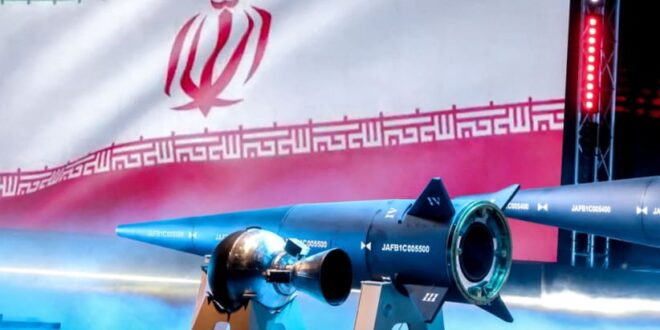The overall message of Iran is that it will continue to carry out attacks where it pleases.
Iran doubled down on its decision to launch attacks against Iraq and Pakistan over the last few days. Iran’s Ministry of Defense said Iran has a right to protect itself, claiming the attacks were defensive.
Iran’s Islamic Revolutionary Guard Corps also continued to claim it was targeting “Zionists” and “ISIS” in its attacks. The autonomous Kurdistan region of Iraq has rejected Iran’s claims and has highlighted the fact Iran killed civilians in its attacks
The overall message of Iran is that it will continue to carry out attacks where it pleases. However, the pattern of attacks is clear. Iran has exploited areas where there is weak governance or where it already supports militias that influence various states. For instance, Iran’s attacks in Pakistan target the Balochistan region, an area that is already restive. In Iraq, Iran targets the Kurdistan region.
The Kurdish region hosts US forces and the Kurdish ruling parties in Erbil and Sulimaniyeh tend to be pro-American and pro-Western. Iran thus exploits this, targeting what it considers a weak region that cannot resist its attacks. Iran already has powerful lobbies in Baghdad, in the form of various political parties and militias.
Iran has also exploited Yemen, Syria, and Lebanon in the same way. For example, in Yemen, Iran is pushing the Houthis to attack more ships in the Red Sea. This is a new escalation for Iran.
Iran already backed the Houthis for years and exported missile and drone technology there. But Iran now wants to operationalize the Houthis, using them to threaten Israel, commercial shipping, and now also to threaten Western navies.
Iran’s foreign minister also met with Pakistan’s prime minister on the sidelines of the World Economic Forum, in the wake of Iran’s attacks inside Pakistan. Therefore, in each arena, Iran attempts to create a semblance of normalcy for its attacks.
It’s not the first time Iran attacked the Kurdistan region, for instance. Iran has used missiles and drones in the past to carry out attacks on Erbil and other areas. Iran uses various excuses for these attacks. Sometimes it claims to be targeting Kurdish dissidents, sometimes it claims to be targeting “Zionists.”
Iran clearly is trying to both send a message, draw red lines, and openly show that it can carry out attacks near where US forces are based. Iran has used its militias to do the same thing in Iraq and Syria.
In the aftermath of the Hamas attack on Israel on October 7, Iran encouraged its proxies in Iraq and Syria to carry out 120 attacks. This represents a major escalation.
Iran’s zone of influence
Iran’s goal here is to carve out a zone of influence and then extend that influence and normalize these attacks. Other examples include that Iran already had influence in Baghdad via its militias, and in Syria via support for the Assad regime. It already had its Hezbollah proxy and it was already backing the Houthis, Hamas, and Palestinian Islamic Jihad.
However, in the last year, Iran systematically sought to increase the range and power of these groups. For instance, PIJ in the West Bank grew increasingly bold in its operations in Jenin. Hamas carried out the October 7 massacre against southern Israel border communities. The Houthis began targeting ships. Hezbollah and other groups in Lebanon have carried out 2,000 rocket attacks on Israel since October 7. In Iraq and Syria, the Iranian-backed militias have carried out more than 120 attacks. Iran has now attacked the Kurdistan region of Iraq and also Pakistan.
Iran is also showing it has impunity in these attacks to harm civilians. Children have been killed and harmed in Erbil and Pakistan. Iran knows it faces no consequences. These are important developments and it shows that the arc of instability Iran has carved out is now increasing in the region.
 Eurasia Press & News
Eurasia Press & News




